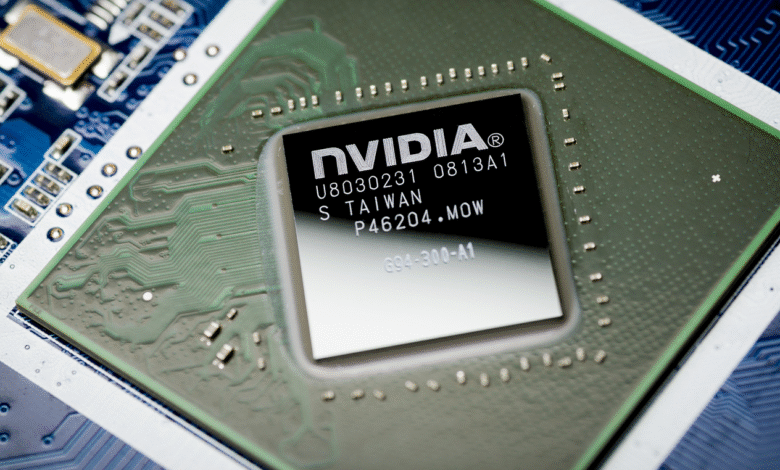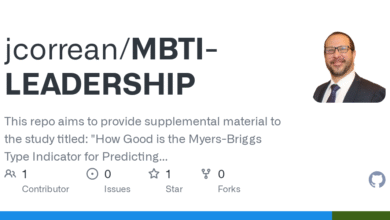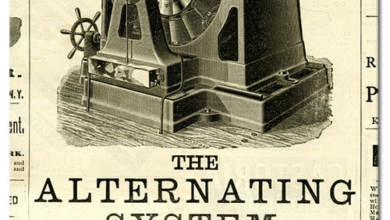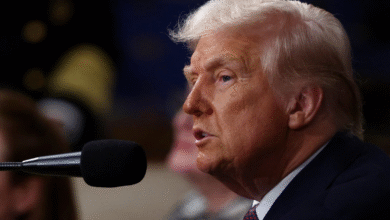Nvidia H20 Chip: Trump Asks for 20% Sales Cut

The Nvidia H20 chip has recently garnered attention amid discussions on export controls and international sales, particularly regarding its performance and competitiveness in the Chinese market. Former President Trump labeled the H20 an ‘obsolete’ chip, suggesting that it pales in comparison to Nvidia’s advanced offerings like the Blackwell chip. As controversies surrounding the Trump Nvidia deal unfold, questions persist about the implications for Nvidia’s China sales and their overall market strategy. This technology, which has been compared to Huawei’s similar chip, raises concerns about the future of AI chip export controls and the dynamics of competition in the semiconductor industry. With the H20’s performance now deemed insufficient, the debate intensifies about how these exports may shape AI advancements on a global scale.
The recent spotlight on Nvidia’s H20 chip has sparked considerable dialogue surrounding its designation as a legacy technology juxtaposed with contemporary alternatives. Discussions echo throughout the industry, especially considering the new regulations impacting sales to China. As comparisons are made between the H20 and rival technologies like those developed by Huawei, industry experts are keenly assessing the ramifications of such export restrictions. Furthermore, the discourse around the Trump administration’s dealings with Nvidia reflects broader themes of technology competition and geopolitical strategy, particularly in the realm of artificial intelligence. This situation underscores the complex interplay between innovation, commerce, and international relations.
Trump’s Intervention on Nvidia and China Sales
In a striking revelation, former President Donald Trump confirmed his negotiation with Nvidia over the company’s sales strategies pertaining to the Chinese market. Trump’s demand for a 20% cut from Nvidia’s sales to China underscores the significant scrutiny that major tech firms face regarding their operations in the region. While this percentage was later negotiated down to 15% during discussions with CEO Jensen Huang, it highlights the intense geopolitical landscape where U.S. companies must navigate both business interests and political pressures.
This tension comes at a time when Nvidia’s sales to China, particularly of the H20 chip, have become controversial. The implications of Trump’s negotiations are profound, as they suggest that access to emerging markets can significantly influence corporate strategies. Trump’s comments reflect a broader sentiment among lawmakers concerning national security risks stemming from technology sales to foreign powers, emphasizing the need for companies to remain vigilant regarding export controls and the political climate.
Frequently Asked Questions
What is the performance of the Nvidia H20 chip compared to newer models?
The Nvidia H20 chip is considered an older model, particularly in comparison to the latest Blackwell chip. While it was designed to serve specific markets, analysts note that it is viewed as obsolete due to its reduced capabilities and the advanced AI features found in newer chips like Blackwell.
How does Trump view the Nvidia H20 chip in relation to Huawei products?
Former President Trump described the Nvidia H20 chip as essentially being old and comparable to similar chips produced by Huawei. He emphasizes that the H20 lacks the cutting-edge technology of Nvidia’s current offerings, suggesting that it does not pose a significant competitive threat.
What are the implications of the U.S. export controls on the Nvidia H20 chip?
The U.S. export controls on the Nvidia H20 chip require a license for it to be sold to China, which limits Nvidia’s ability to compete in that market. These restrictions are part of broader national security concerns regarding AI technology and its potential use by foreign adversaries.
Why did Nvidia’s CEO negotiate a 15% cut with Trump regarding H20 chip sales?
Nvidia’s CEO Jensen Huang negotiated a 15% cut with Trump to facilitate the issuance of export licenses necessary for the company to resume selling the H20 chip to China. Initially, Trump had proposed a higher cut of 20%, emphasizing the financial stakes involved in exporting tech to China.
What does the export control situation mean for Nvidia’s sales of the H20 chip in China?
With the export controls in place, Nvidia’s ability to sell the H20 chip to Chinese companies is significantly hindered, affecting estimated sales that could have reached around $8 billion. The export controls are intended to prevent advanced AI technology from contributing to China’s competitive edge.
How does the H20 chip relate to Nvidia’s product line and its competitive positioning?
The H20 chip is a specific model aimed at the Chinese market, developed after the introduction of export controls on more advanced chips like the H100 and H200. Its performance has been intentionally limited to comply with regulations, positioning it as a less competitive alternative compared to Nvidia’s leading technologies.
Are there concerns regarding AI chip export controls and national security?
Yes, there are ongoing concerns that allowing China to access advanced AI chips could enable them to progress in AI capabilities at a faster rate, potentially impacting U.S. national security. The export controls seek to mitigate these risks by restricting access to cutting-edge technology.
What does the comparison between the H20 chip and the Blackwell chip signify for Nvidia’s future in AI?
The comparison highlights a significant technological gap between the H20 chip and the latest advancements represented by the Blackwell chip. This distinction underscores Nvidia’s focus on maintaining leadership in the AI sector while navigating export issues and market dynamics.
| Key Point | Details |
|---|---|
| Demand for Cut | Trump initially asked for a 20% cut from Nvidia’s chip sales to China, which was negotiated down to 15%. |
| H20 Chip Description | Trump described the H20 as an ‘obsolete’ chip similar to technology available from Huawei. |
| Comparison with Blackwell | Trump emphasized the advanced capabilities of Nvidia’s Blackwell chip compared to the H20, suggesting restrictions on its sale to China. |
| Export Controls Purpose | The U.S. aims to prevent China from advancing in AI technologies, considering it a national security threat. |
| Future Negotiations | Huang is expected to visit Trump again to discuss potential export licenses for Blackwell. |
Summary
The Nvidia H20 chip has become a focal point of controversy as Trump assesses its value and potential impact on U.S. national security. Initially seeking a 20% cut from Nvidia’s sales to China, Trump labeled the H20 chip as outdated, highlighting that similar technologies are already available to Chinese companies like Huawei. As negotiations evolve, the implications of exporting the H20 chip not only showcase the competitive landscape of AI technologies but also underline the delicate balance of international relations and technological advancements. As the situation continues to unfold, the ongoing discussions surrounding the Nvidia H20 chip will likely shape future policies and market trends in the AI sector.




